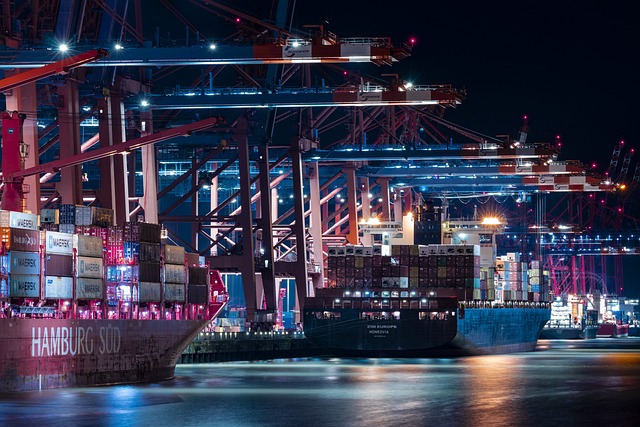The World Trade Organization (WTO) is an international organization that establishes and enforces rules for international trade among its member countries. The WTO's primary goal is to promote the smooth flow of trade across borders and ensure that trade is conducted in a fair and predictable manner. Here are some key rules and principles of the WTO:
- Most-Favored-Nation (MFN) Treatment: WTO members are required to grant each other the same trade advantages, privileges, and concessions that they provide to their most favored trading partners. This principle ensures that countries do not discriminate against any particular member and promote non-discriminatory trade.
- National Treatment: Under this principle, WTO members are expected to treat imported and domestically produced goods and services equally once they enter the domestic market. This principle prevents discriminatory treatment against foreign products, ensuring that imported goods receive the same treatment as domestic goods.
- Tariffs and Customs Duties: The WTO seeks to reduce and eliminate trade barriers, particularly tariffs and customs duties. Member countries are expected to maintain tariffs at agreed-upon levels and progressively reduce them through negotiations. The WTO provides a forum for negotiations and dispute settlement related to tariffs.
- Non-Tariff Barriers: In addition to tariffs, the WTO addresses non-tariff barriers that could impede international trade. These barriers include import quotas, subsidies, technical barriers to trade (e.g., product standards and regulations), and sanitary and phytosanitary measures (SPS) relating to food safety and animal/plant health.
- Dispute Settlement: The WTO has a dispute settlement mechanism to resolve trade disputes between member countries. It provides a structured and legal process for addressing conflicts, ensuring that countries can seek resolution when they believe another member is violating WTO rules.
- Trade in Services: The WTO's General Agreement on Trade in Services (GATS) governs trade in services. It aims to liberalize trade in services by removing barriers and establishing rules for sectors such as banking, telecommunications, and professional services.
- Intellectual Property Rights (TRIPS Agreement): The Trade-Related Aspects of Intellectual Property Rights (TRIPS) Agreement sets minimum standards for protecting intellectual property rights (IPR) such as patents, copyrights, and trademarks. It establishes rules and procedures to promote innovation, creativity, and technology transfer while protecting the interests of right holders.
- Trade and Development: The WTO recognizes the special needs and interests of developing countries and aims to integrate them into the global trading system. Various provisions and mechanisms are in place to assist developing countries in participating in international trade and benefiting from it.
These are some of the fundamental rules and principles that govern international trade under the WTO. The organization also conducts negotiations on various trade-related issues, provides technical assistance and capacity building, and facilitates trade policy reviews among its member countries.




